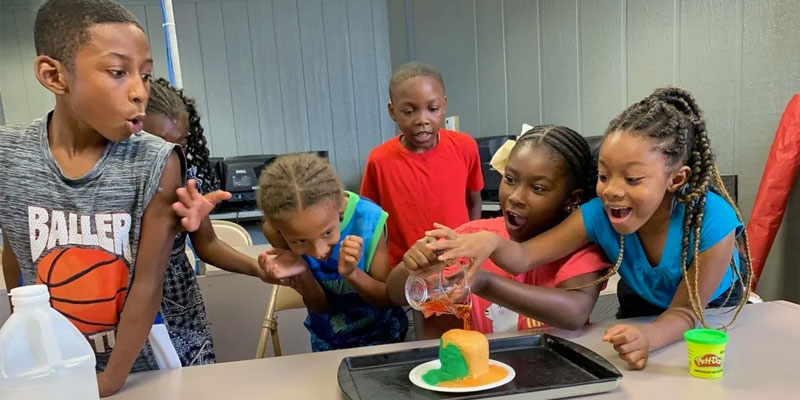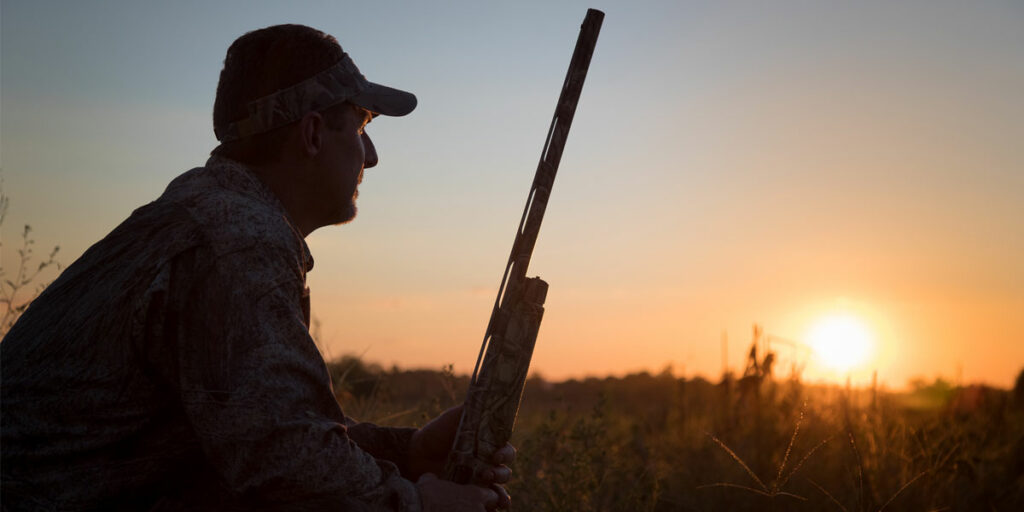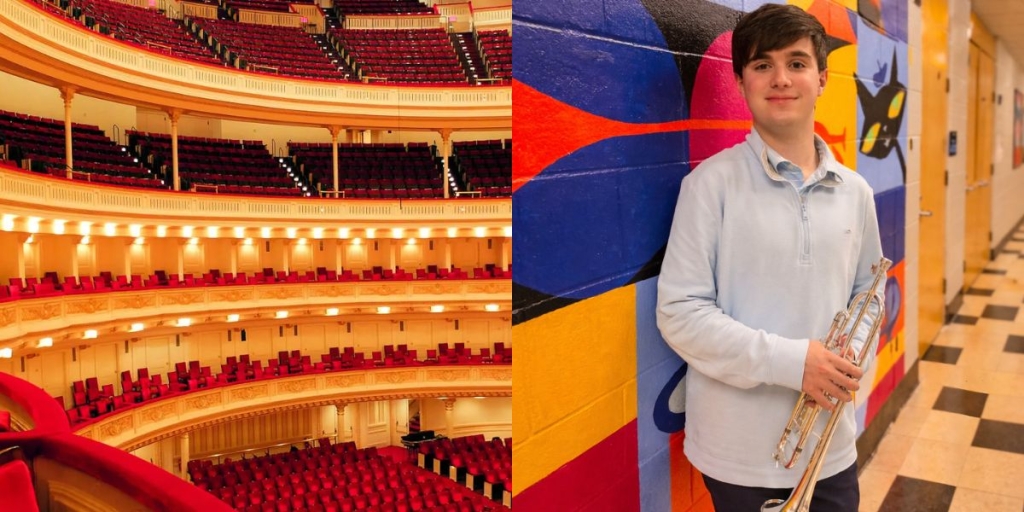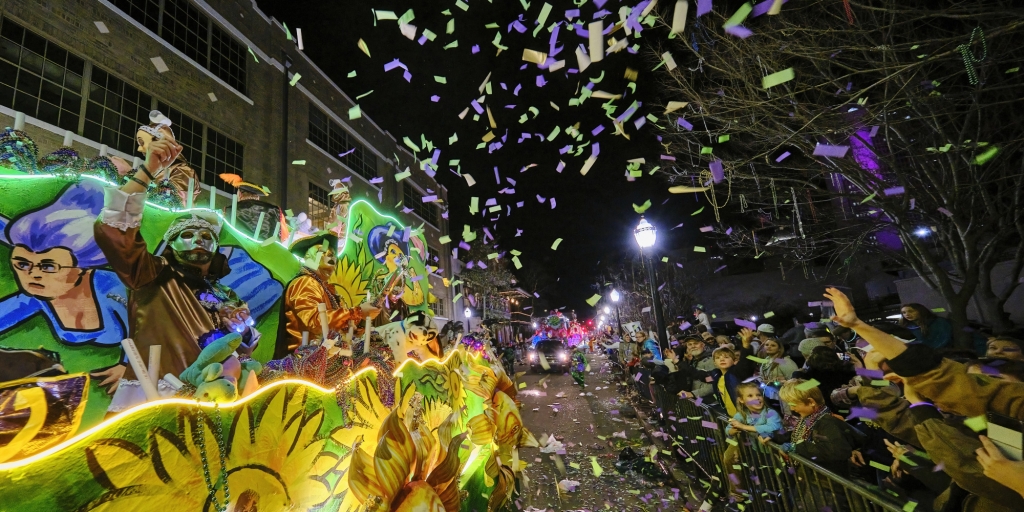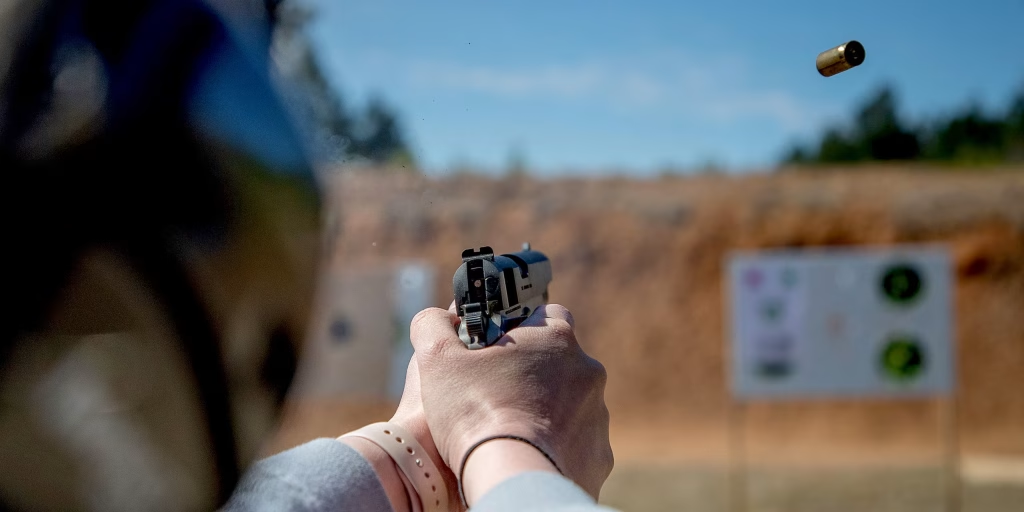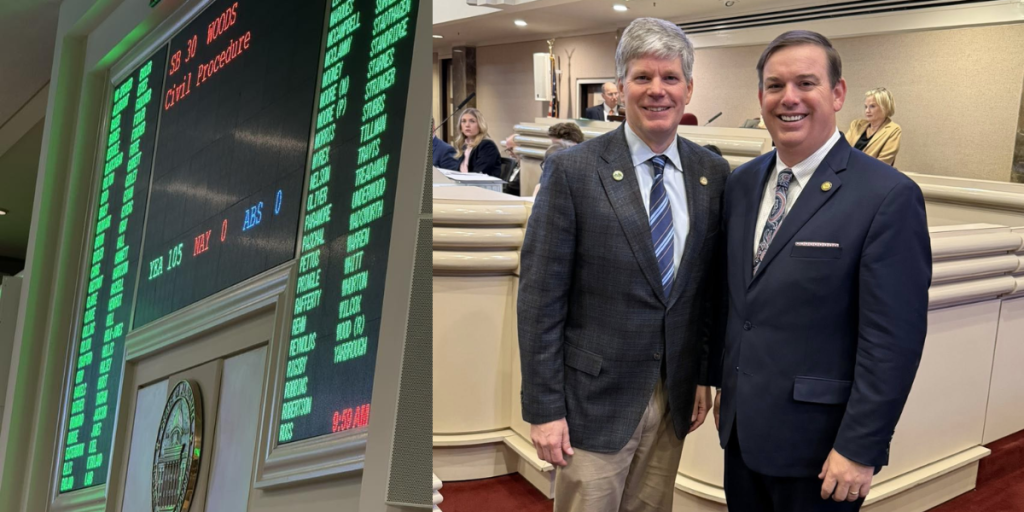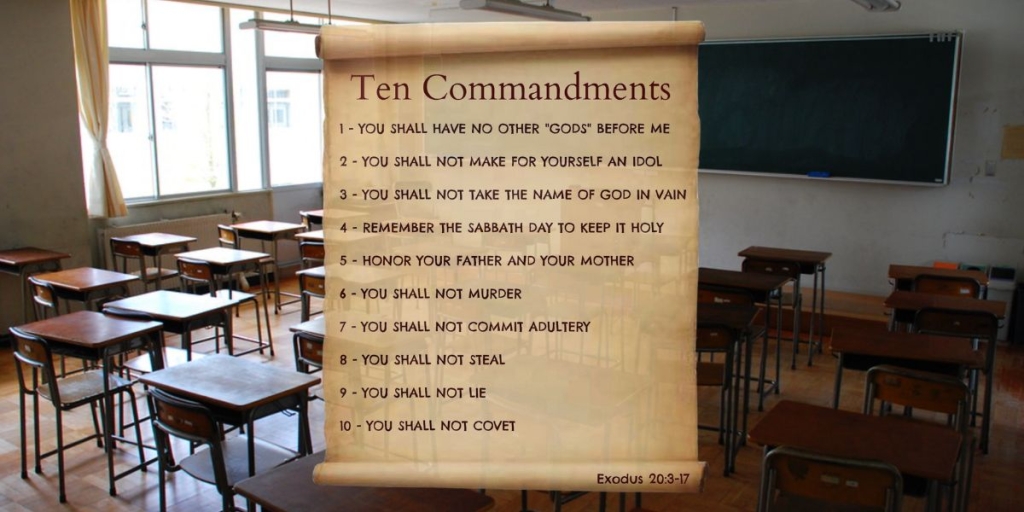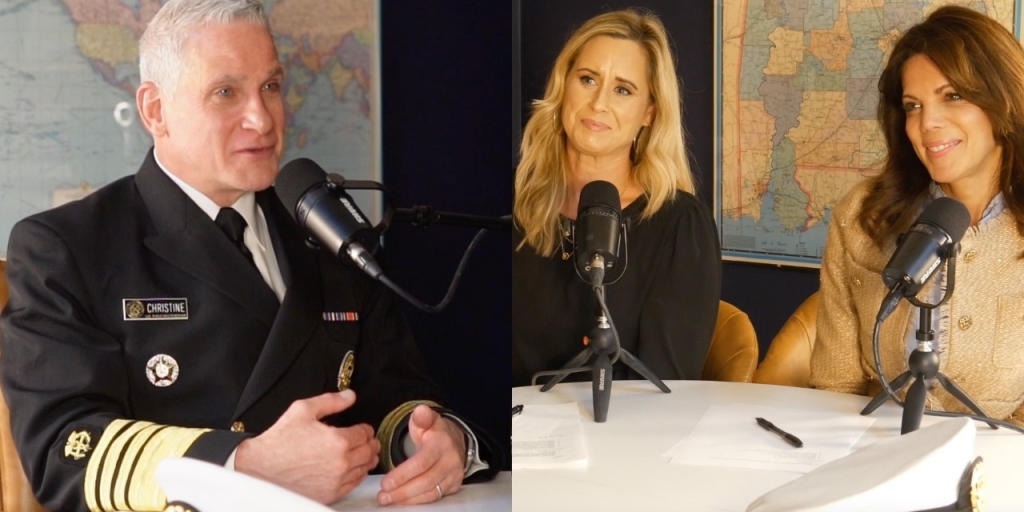As schools in Alabama are starting this fall, Summer Adventures in Learning (SAIL) has wrapped up a successful summer of virtual and in-person learning for students across Alabama.
Beginning in 1922 as a summer camp in Birmingham for inner-city youths through the Independent Presbyterian Church Children’s Fresh Air Farm, SAIL converted to a day school model in 2010 to prevent summer learning loss in at-risk students.
Since then, more than 12,500 students have participated in SAIL programs throughout the state.
“What we are doing is trying to equip children for successful lives,” said Jim Wooten, chairman of the SAIL board of directors. “In particular, we are worried about children from underserved neighborhoods, kids with roadblock after roadblock ahead of them.”
By using research-based curriculum, certified teachers and a hybrid model of traditional school and camp, SAIL is creating measurable gains for students in math and reading to prepare them for the new school year.
“The research is compelling and powerful. … Summer learning loss is the single most accurate predictor of whether kids will be successful later in life,” Wooten said. “But we have proven in Alabama that we can consistently turn summer learning into gains and can do it for a reasonable cost.”
This year, SAIL and its funders realized in March that this summer would look much different due to the COVID-19 pandemic and the risk for summer learning loss being even higher than in years past. While 11 programs had to cancel, 15 programs were able to maintain a traditional in-person format and 19 programs switched to a virtual setting. Wooten said both platforms for learning faced challenges.
“In late March, we realized that there was a lot of uncertainty out there about what would be allowed,” he said. “We found out pretty quickly that the programs that were going to be in person had a steep learning curve for health and safety protocols for students and staff, and the virtual programs had a steep learning curve for how to deliver high-quality learning online.”
The funders, Wooten said, were critical in helping programs overcome the challenges. Grants to address technology needs, like one from the Alabama Power Foundation, helped programs with the resources needed to adapt to virtual learning.
For the Deaf Learning Program (DLP), classes shifted to a virtual setting for the first time. The program through the CERO Foundation empowers elementary and middle school students by providing opportunities to build language skills and social interaction with others in the deaf community.
Funding from SAIL has helped DLP not only shift to virtual classes and hire certified deaf education teachers but has allowed the DLP to expand programming to include online art and video projects and offer classes to students in 10 states, including one student from Dubai.
DLP program coordinator Myriah Dixon said having the opportunity to connect with and learn with other deaf or hard-of-hearing students and teachers is just as important as learning the traditional school subjects.
“For half of our students, they are the only deaf student in their school and have never had a deaf teacher,” said Dixon. “They have greatly enjoyed the opportunity to meet other students who are deaf and have teachers who are deaf and fluent in ASL to provide direct instruction to them, instead of using an indirect method of interpreter or captioning service.”
For the Sawyerville Learning Program in Greensboro, all in-person activities, including Sawyerville Day Camp, were canceled in late spring. Because of a lack of internet access for many students, virtual learning was not an option, but students were still able to feel connected through Sawyerville’s Camp-in-a-Box.
In previous years, students would spend one week at camp and four weeks in the learning program. There, students spent mornings focused on academics and afternoons dedicated to enrichment activities through field trips, engineering programs, creative writing and other activities aimed at preventing summer learning loss and promoting character building.
“What is most profound for me is that throughout the school year, we fill up the bathtub with water, but as soon as we hit the summer, we pull out the plug and just hope that the water doesn’t drain and they lose everything they have learned,” said Breanna Mitchell, summer learning coordinator for Sawyerville. “The goal is to keep the bathtub full or refill the bathtub during the summer to get students ready for the school year.”
With in-person activities canceled this summer, Sawyerville was challenged to find a way to provide students with the needed academic support while allowing them to feel connected to camp. At this intersection is where the concept for Camp-in-a-Box was created.
To make Camp-in-a-Box a reality for 420 campers, Sawyerville relied on SAIL and other supporters, including the Alabama Power Service Organization (APSO), to provide items to fill the boxes and personalized letters to campers. Filled with activities and games that promote learning and don’t require internet access, the boxes also included two bags of groceries for the families and encouraging letters from staff and community members.
“We worked closely with teachers that were planning to be on staff this summer to create boxes that included fun games and academic activities that bring the students away from technology,” Mitchell said. “We also gave parents resources on how to help their kids with learning and we remain in good contact with them throughout the summer and school year.”
In addition to summer camp, Sawyerville provides multiple touchpoints throughout the year to show students that the connection to camp doesn’t stop at the end of summer. Among the many touchpoints are a mentoring program for high school juniors and seniors, a scholarship program for former campers and staff, and a pilgrimage over Martin Luther King Jr. weekend to help high school and college students learn more about race relations in Alabama.
Mitchell realizes none of this would be possible without the help of the SAIL community.
“It’s important that we don’t grow weary in the work we are doing. We look to the other SAIL programs to learn from them and ask other programs about what works best for them and how we can change our program to be successful,” she said. “We all look different, but we continue to find ways to do better and serve students.”
While SAIL had to pivot to a different learning and programming model this year, Wooten credits its success to the SAIL community and its funders who join together as a collective impact network each year to offer a common grant cycle, taking the burden off grant applicants having to apply for separate grants.
“SAIL is a pure learning network where all of our programs feel like they are part of a community,” he said. “They are not competing for grants but sharing information with each other, so we are learning and growing together. It’s not just programs or the funders, it’s the whole community working together.”
(Courtesy of Alabama NewsCenter)




